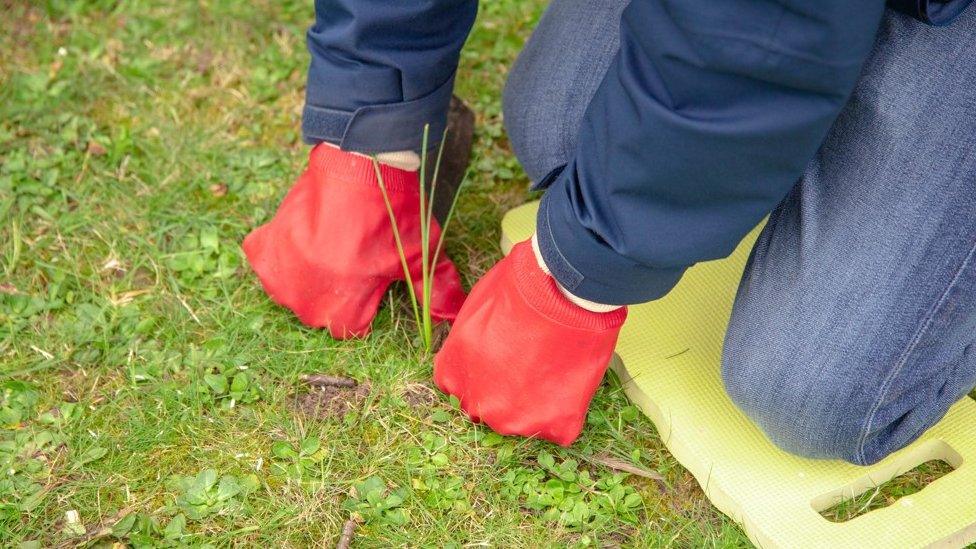Campaign to save county's wildflower meadows
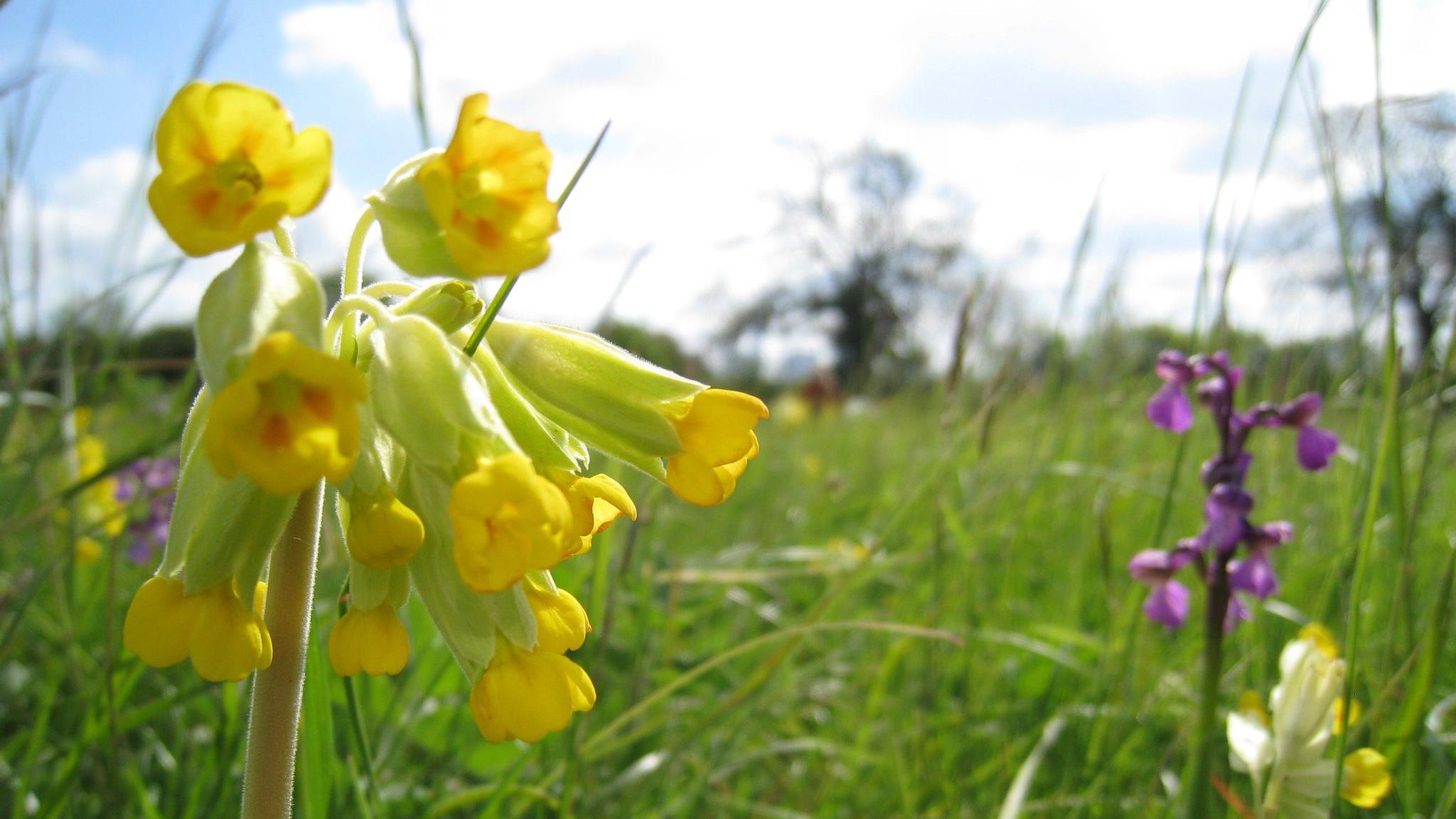
Cowslip and green-winged orchid at Ashtons Meadow, near Retford
- Published
A campaign is under way to save the last remaining wildflower meadows in Nottinghamshire.
Since the 1930s the county is said to have lost nearly all its meadows, which are a vital haven for wildflowers and wildlife.
Nottinghamshire Wildlife Trust (NWT) has launched a £10,000 appeal to support its work at sites in its care.
That includes 28 hectares (70 acres) of land near Retford, Attenborough, Newark and Nottingham.
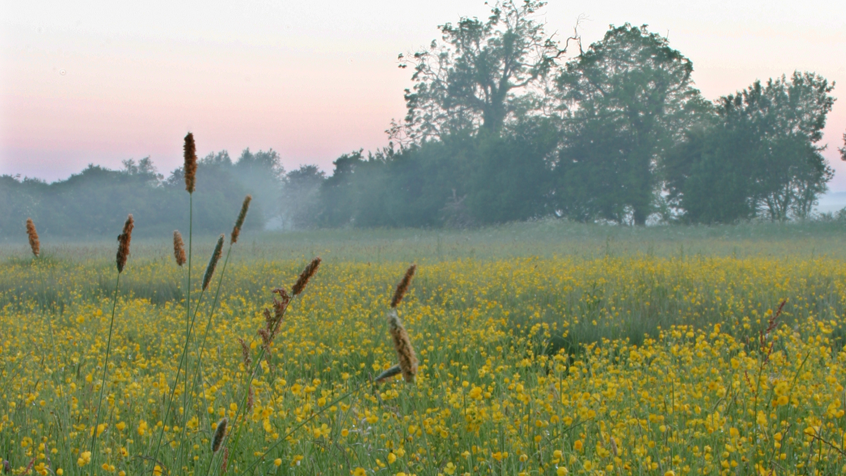
Wildflowers at Eakring Meadows in Nottinghamshire
NWT spokesman Erin McDaid said: “Meadows are a haven for wildlife and home to some of our rarest and hardest working species.
"They provide a feast for the senses, as well as being fundamental to protecting our increasingly fragile natural environment.”
A healthy meadow, surrounded by hedgerow, can host a variety of wildflowers - including great burnet, pyramidal orchid, red clover and ox-eye daisies.
Such flowers, as well as being beautiful, support invertebrates, including vital pollinators like bees and butterflies.
They are also home to small mammals including bats, harvest mice and birds.
Across the UK it's estimated 97% of wildflower meadows, sometimes called hay meadows, have been lost since the 1930s.
In Nottinghamshire the loss is thought to be as high as 99%.
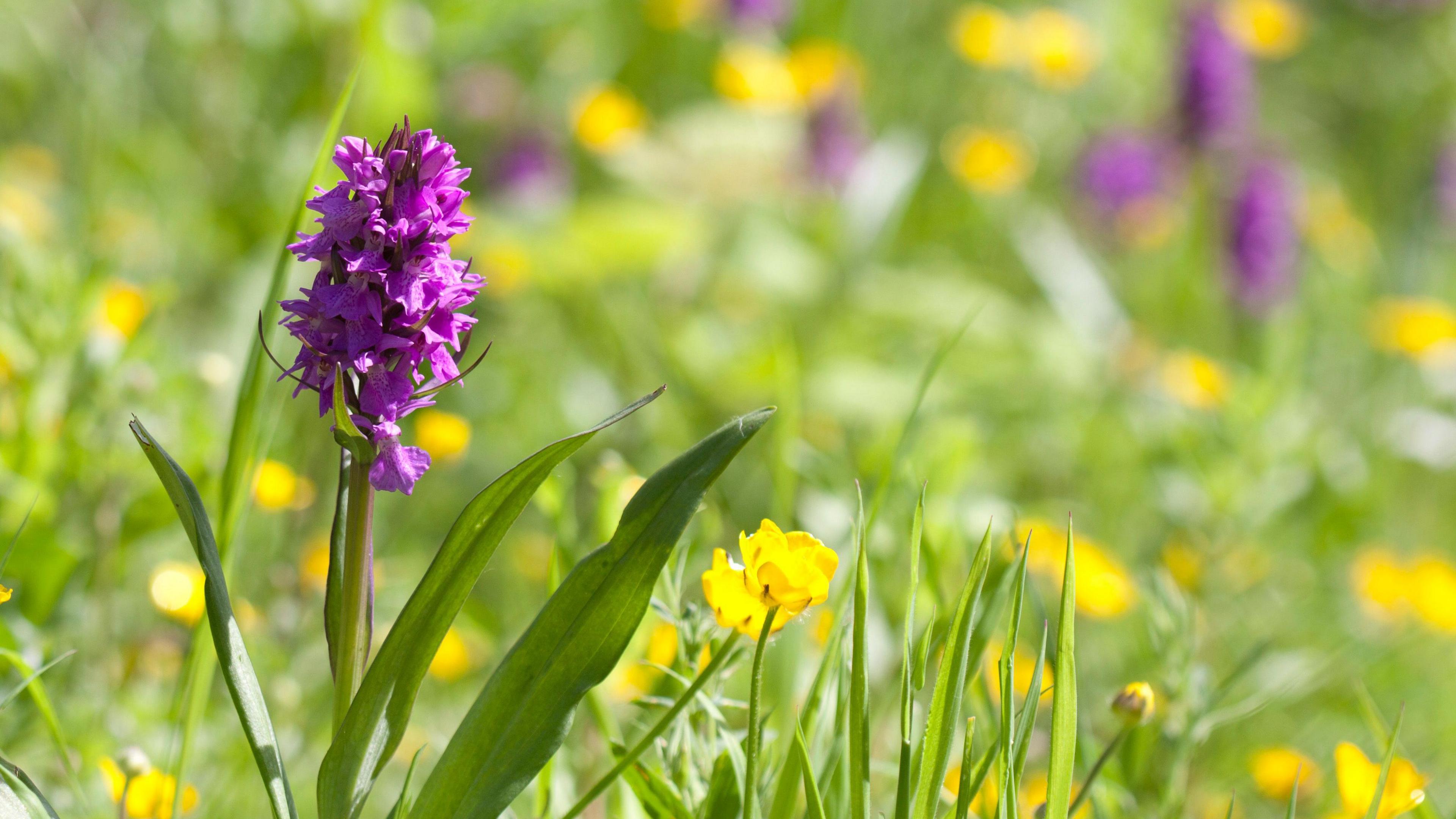
Orchids and buttercups at Wilwell Farm Cutting Nature Reserve, near Wilford
The county's wildlife trust says its new appeal will support its work to protect the meadows it cares for.
That includes Ashtons Meadow, near Retford, Glebe Field at Attenborough, Besthorpe Meadows, near Newark, and Skylarks Nature Reserve at Holme Pierrepont.
They are maintained by NWT staff, volunteers and grazing animals.
Mr McDaid added: "They also act as natural flood defences and lock away carbon which helps limit the impact of climate change – the biggest driver of nature loss.
"Given the rarity and importance of the meadows in our care it's vital we have the resources to ensure we can continue their management."
Follow BBC Nottingham on Facebook, external, on X, external, or on Instagram, external. Send your story ideas to eastmidsnews@bbc.co.uk, external or via WhatsApp, external on 0808 100 2210.
Stories like this
- Published27 December 2022
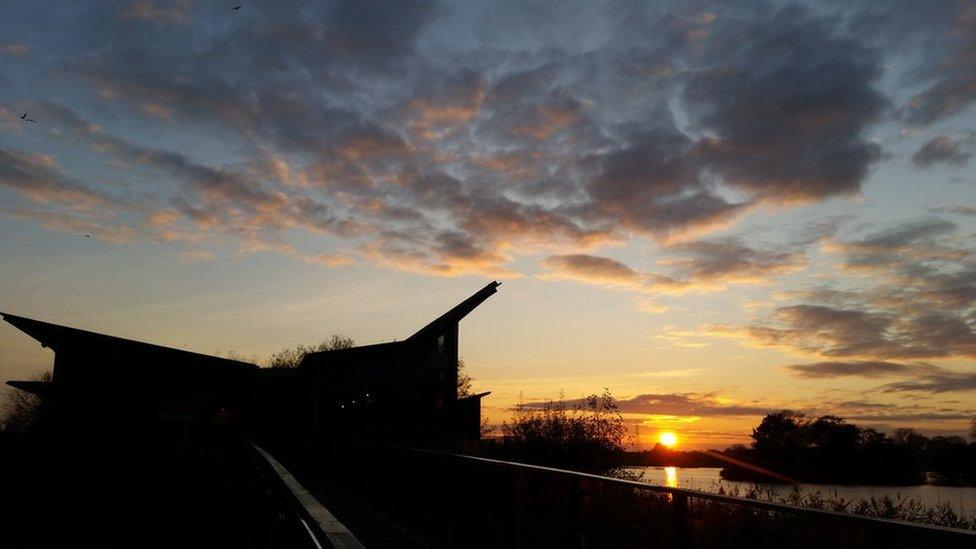
- Published30 March 2022
